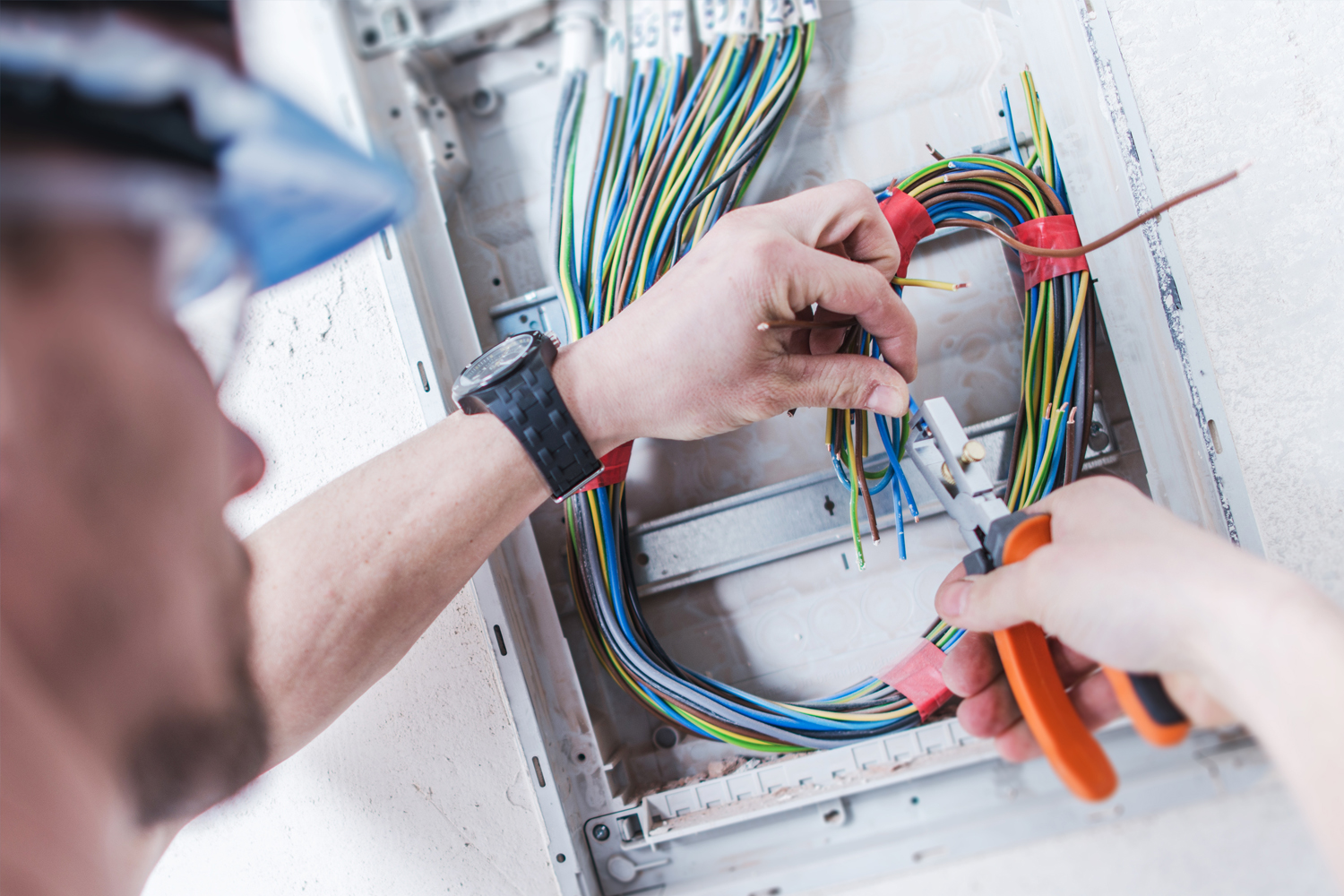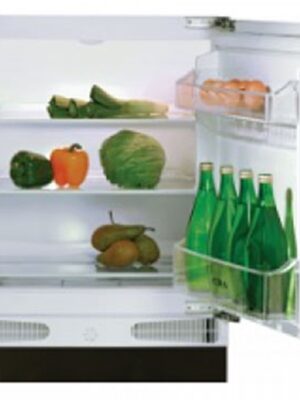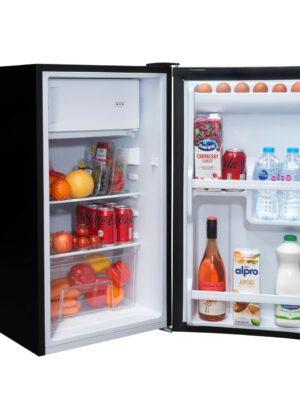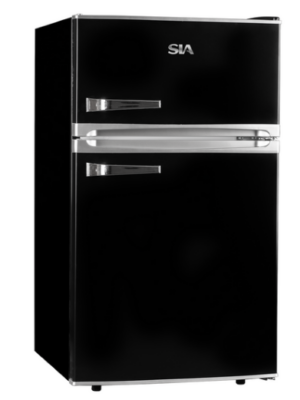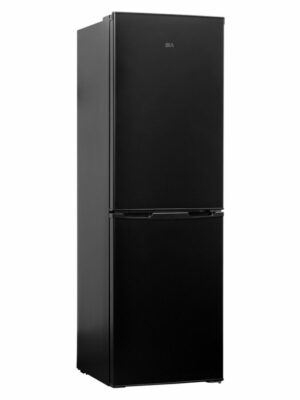Understanding Voltage and Power Requirements
In a world filled with diverse electrical appliances and devices, it is crucial to understand their specific voltage and power requirements. Occasionally, individuals may wonder if it’s possible to operate a 240V appliance on a 12V power source, such as a car battery or a small portable generator. In this blog post, we will delve into the fundamental concepts of voltage, power, and electrical compatibility to determine whether running a 240V appliance on 12V is feasible or not.
Before we proceed, let’s briefly discuss the concepts of voltage and power. Voltage is the electrical force that pushes electrons through a circuit, while power is the rate at which electrical energy is consumed or supplied. Voltage is typically measured in volts (V), while power is measured in watts (W).
Household appliances and devices are designed to operate at specific voltage levels. In many countries, including the United States, Canada, and most European countries, the standard household voltage is 120V or 240V, depending on the region. These higher voltages are necessary to power appliances that require more energy, such as air conditioners, ovens, and electric dryers.
The Importance of Voltage Compatibility
Voltage compatibility is a crucial aspect when it comes to operating electrical devices. Connecting a device to a power source with an incompatible voltage can lead to various issues. In the case of running a 240V appliance on a 12V power source, it’s important to understand that the voltage difference is substantial. A 12V power source is significantly lower than what a 240V appliance requires to operate efficiently.
Voltage Conversion: Is It Possible?
To operate a 240V appliance on a 12V power source, a voltage conversion mechanism is necessary. One such device commonly used for this purpose is called an inverter. An inverter converts DC (direct current) power from a 12V source, such as a car battery, into AC (alternating current) power at a higher voltage level, typically 120V or 240V.
However, there are a few important considerations to keep in mind. Firstly, the inverter must have a power output rating that matches or exceeds the power requirements of the appliance you intend to use. For example, if the appliance requires 1000 watts of power, the inverter should be rated for at least 1000 watts or more to ensure smooth operation.
Secondly, the 12V power source must be capable of supplying sufficient current to meet the appliance’s power demands. If the power source, such as a car battery, is unable to deliver the required current, the appliance may not function properly, or the power source may become overwhelmed and depleted quickly.
Limitations and Challenges
While an inverter can enable the use of a 240V appliance on a 12V power source, there are several limitations and challenges associated with this setup. One of the major limitations is power efficiency. The process of converting DC power to AC power involves energy losses, and as a result, the overall efficiency of the system may be lower compared to using the appliance directly on the appropriate voltage.
Additionally, running high-power appliances on a 12V power source can place a significant strain on the electrical system, especially if it is not designed to handle such loads. The wiring, fuses, and connectors may not be able to handle the increased current demands, potentially causing overheating, voltage drops, and even electrical fires.
Lastly, it’s essential to note that certain appliances, especially those with sensitive electronic components, may not function correctly or at all when operated with a modified power source. The irregularities in voltage and waveform produced by inverters can interfere with the proper functioning of sensitive electronics, leading to potential damage or malfunction.
Conclusion
In conclusion, while it is technically possible to run a 240V appliance on a 12V power source with the use of an inverter, there are several important considerations and limitations to keep in mind. The voltage and power requirements of appliances should be strictly adhered to for safe and efficient operation. Attempting to operate an appliance on an incompatible voltage can result in damage to the device, pose safety hazards, and may even void warranties.
If you find yourself in a situation where you need to power a 240V appliance but only have a 12V power source, consulting with an electrical professional is highly recommended. They can help assess the feasibility of the setup and provide guidance on using the appropriate equipment or alternative power sources. Remember, electrical safety should always be a top priority when dealing with different voltage requirements.

